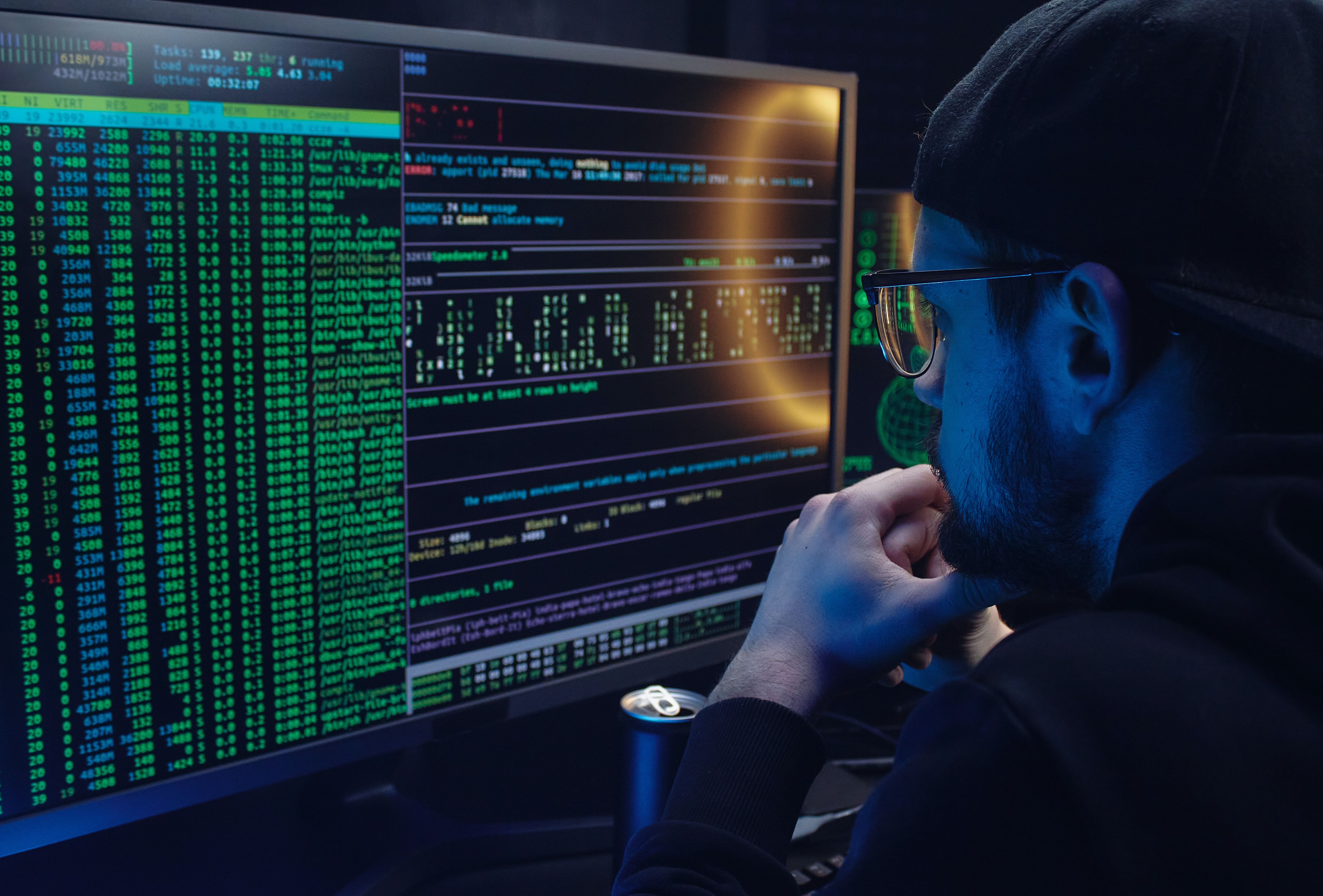The thought of someone spying on you or programs continually monitor you is unsettling. Most people think that such practices are wholly forbidden; however, there are many forms of legal spyware. It's scarier to think that you may be subjected to such tracking apps without you even realizing it.
Data collected from legal spyware may indicate the location or activities of a specific individual (or group of individuals). These tools do offer excellent supervision but are they an exploitative approach that does more harm than good?
What Is Legal Spyware?
As the name suggests, spyware refers to programs that allow a user to monitor the activities of a targeted individual.
Different spyware collects different types of data depending on what the user wants. Popular examples of spyware capabilities include exact location mapping, live computer activities, and internet search records.
While there are occasions spyware is illegal, there are many forms that workplaces, schools, and loved ones may enforce that are entirely legal.
The legality of spyware varies between states. For example, it is illegal to download a computer virus that monitors a stranger's computer activities. However, your boss or parents may have legal rights to use the exact same tech on you.
Why Do People Use Spyware?
Spyware collects a lot of helpful information. It allows people to use electronic devices to supervise someone. Especially in times of remote offices, workplaces use this tech to ensure employees are "behaving."
While they shouldn't track your activities outside of the office, it's perfectly legal for companies to monitor your internet history or track how "active" your keyboard is during meetings or work hours.
You don't need to be on the receiving end of a paycheck to end up with legal spyware, though. Schools are another institution that utilizes this software. They want to make sure that you pay attention in class and don't abuse the devices received.
They could have spyware downloaded to school-owned devices without letting you know. In cases where someone brings their own laptop or tablet to school specifically to work on, they may legally require you to download a spyware app. While schools have this right, usually, educational institutions that enforce it do so for younger kids or teens.
The argument is that your time learning at elementary and high school is also a time where children and teens make mistakes. They want to track your activities both to make sure you are paying attention in class and to monitor your safety.
Some programs have a list of logged keywords, so supervisors get an alert when a user searches for something dangerous or not age-appropriate.
Even when schools don't push these on a youngster's device, many parents use spyware. There are even gadgets made specifically to help adults track their own children. Many of them solely aim to make sure parents know their child's location in case they're unexpectedly not where they're supposed to be.
Such items include GPS trackers or smartwatches designed for children or special features offered through certain phone companies.
More invasive spyware for children also exists where parents can use programs to collect data on internet activity or chats.
This form of spyware typically comes with features like search filters, the ability to block specific sites, and enable timers that shut devices down during set periods (or after so much time spent online).
While people often enforce these apps with the best intentions, several issues arise from using such software.
Does Legal Spyware Pose Security Risks?
No matter how many security measures someone takes, anything online is technically hackable. When you have a hub that compiles a list of activities, you always risk someone stumbling on it. This risk is particularly alarming depending on the type of data you collect.
While you shouldn't really worry about someone hacking a spreadsheet detailing how active your keyboards were during specific times, having someone figure out how to track your kid through their watch is a disturbing thought.
If you choose to use such applications, you should research the makers to avoid security problems. How secure are they? Have they suffered any data breaches in the past? What do the reviews say?
This is not the only flaw of such programs, though. Many legal spyware programs require no proof whatsoever of specific affiliations. Most programs are accessible for anyone to search and download onto someone's device. Although the ease of finding a program may sound like a great thing, it is actually one of the biggest problems.
While the intention of this spyware is for legal use, what stops people from using it illegally? An abusive partner or stalker can easily download programs to their victim's computer without them realizing it.
Beyond all these extreme examples of stalking and hacking, there is another chief concern of spyware—trust. While spyware may seem helpful, is it worth people thinking you don't trust them?
Many people express negative impressions of spyware, legal or not. With spyware, you lose a sense of autonomy during your activities.
Children especially lose an outlet. They need to be themselves and learn on their own. Independence is a privilege many look forward to as they get older. Having spyware (or worse, finding out one's parents have downloaded spyware) on a device restricts freedom and can risk them losing confidence.
Although some people believe this helps keep children in line and protects them, others argue that it encourages kids to rebel or make riskier decisions.
For example, if you knew your parents were tracking your phone, would you want to take your phone with you to a party? These are the kind of things you need to consider before incorporating spyware when parenting.
Is Legal Spyware a Problem?
Although legal spyware is a valuable tool when used properly, it comes at the cost of privacy and security.
Even when it is secure, this software raises some serious concerns over trust and potential misuse. Using legal spyware is a personal choice that people should not take lightly. Though spyware may be effective, you need to ask yourself if the advantages really outweigh the risks.




